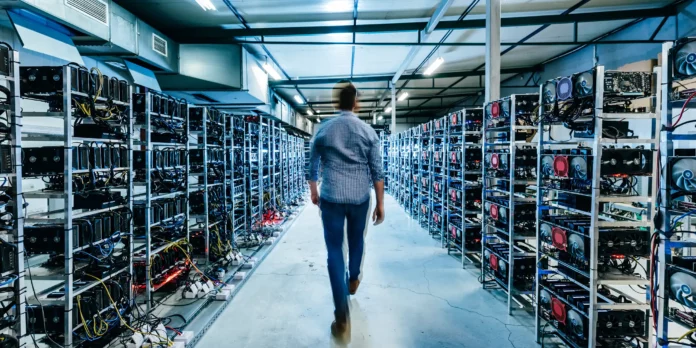While Bitcoin often dominates headlines for its price swings and reputation as digital gold, one of its most vital yet misunderstood components is Bitcoin mining. This process forms the foundation of the entire blockchain ecosystem, ensuring both its security and operation. Without mining, Bitcoin wouldn’t function as the decentralized, trustless system it is today. Understanding how mining works reveals why Bitcoin remains so powerful and enduring.
What Is Bitcoin Mining?
Bitcoin mining is the process of verifying transactions and maintaining the blockchain through computational effort. Miners use powerful computers to solve complex mathematical puzzles, and the first to solve one earns the right to add a new block of transactions to the blockchain. In return, the miner receives newly minted Bitcoins (known as block rewards) along with transaction fees. This system, called Proof of Work (PoW), is the cornerstone of Bitcoin’s trustless and decentralized nature.
Why Is Mining So Important?
Mining performs two critical functions:
-
Transaction Validation – Every Bitcoin transaction must be confirmed by miners to ensure it’s legitimate and to prevent double-spending.
-
Network Security – The vast amount of computing power securing the network makes it virtually impossible for anyone to alter past transactions or manipulate the blockchain.
The Evolution of Bitcoin Mining
In Bitcoin’s early years, mining was simple—anyone could participate using a regular home computer. But as more people joined the network, mining difficulty increased. This led to the creation of specialized hardware known as ASICs (Application-Specific Integrated Circuits), designed exclusively for mining Bitcoin. These machines are incredibly powerful but also energy-intensive, pushing the industry to focus on efficiency and scalability.
Environmental Debate and Green Innovation
Bitcoin mining’s energy usage has been a topic of global debate. Critics often cite its environmental impact, while supporters argue that the industry is increasingly adopting renewable energy solutions. Many mining operations now use hydroelectric, solar, wind, or even excess natural gas that would otherwise be wasted. This shift has positioned Bitcoin mining as an unexpected catalyst for clean energy innovation.
Economic and Global Impact
Mining has grown into a billion-dollar global industry with deep economic and geopolitical significance. Nations such as the U.S., Kazakhstan, and Russia have become major mining hubs due to cheap electricity and favorable conditions. Beyond profits, mining creates jobs, drives technological advancement, and promotes regional financial independence.
The Road Ahead for Bitcoin Mining
As block rewards halve every four years, miners will rely more on transaction fees for income. This gradual shift ensures the network remains secure even after all 21 million Bitcoins are mined. Ongoing advancements in energy efficiency, mining hardware, and operational strategy will continue to define the industry’s future.
Ultimately, Bitcoin mining isn’t just about earning rewards—it’s what keeps the blockchain alive, secure, and decentralized. It remains, and will continue to be, the backbone of Bitcoin’s strength and longevity.

